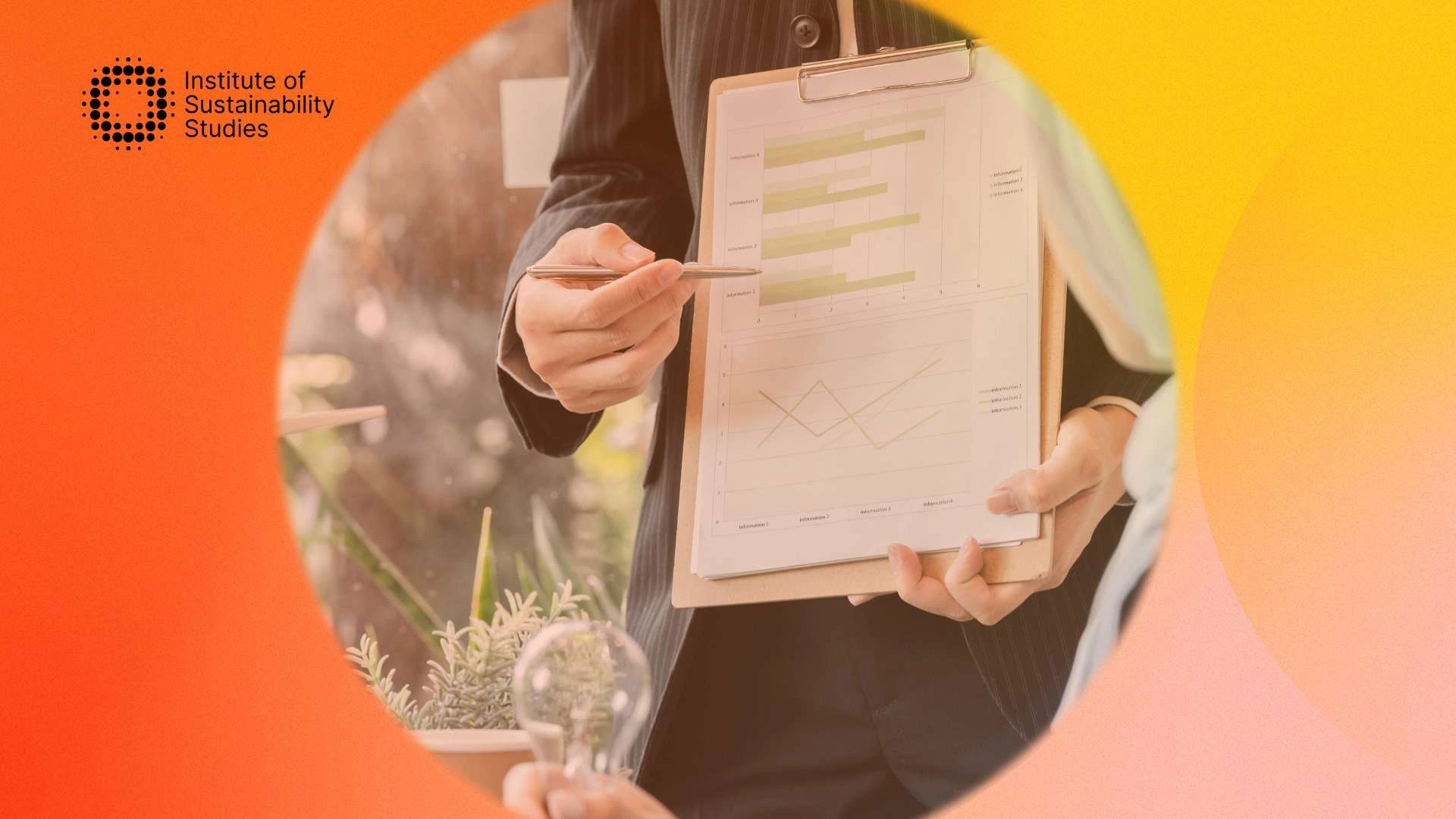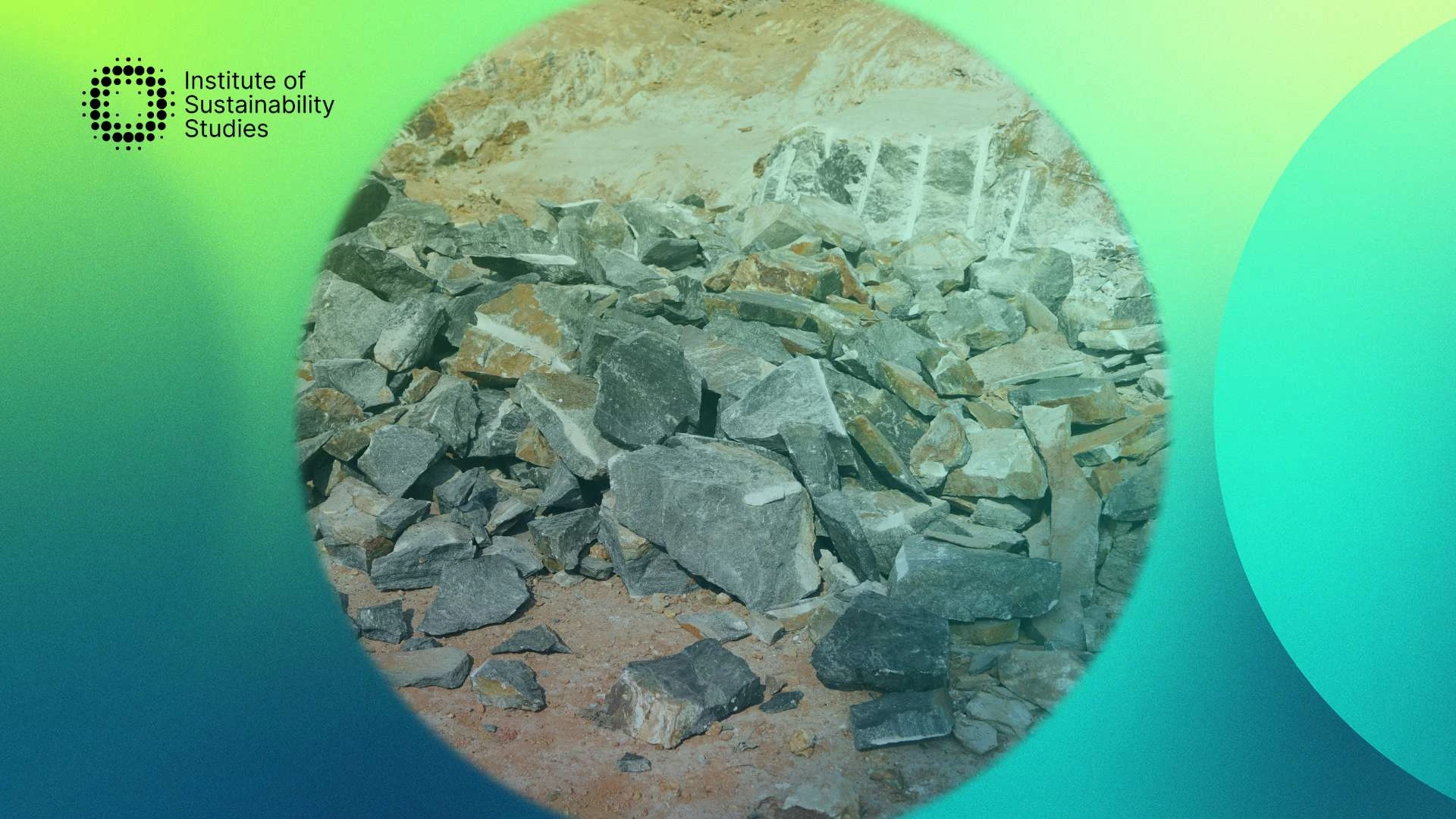The International Energy Agency (IEA) has shared in its latest analysis that Africa accounts for just 2 percent of global clean energy investment. The insights were released to coincide with the first Africa Climate Summit in 2023.
The IEA’s findings
Despite accounting for around 20 percent of the global population, the IEA shared that African nations are the destination for only 2 percent of global spending on clean energy. This calculation covers both private and public sector investment.
Given the low level of spending, Africa is off track to meet the UN’s seventh Sustainable Development Goal (SDG) of ensuring universal access to clean and affordable energy.
They have calculated that 77 percent of the population residing in sub-Saharan Africa lacks access to energy. In other words, an even greater amount of people will lack access to the level of energy required to run a community facility or business.
What will this mean for Africa?
Although Africa currently accounts for less than 3 percent of energy-related emissions across the globe, it will have to rapidly increase energy access. However, it will need to do this without depending on fossil fuels.
This means an urgent acceleration will be needed in renewable investment. Currently, Africa hosts just 1 percent of worldwide solar capacity. The IEA has emphasised that scaling investment would not only be feasible but come with several co-benefits.
They have estimated that meeting the seventh Sustainable Development Goal for Africa would require roughly $25 billion in spending yearly this decade. In saying that, further funding for clean energy and energy access cannot be unlocked at the pace and scale required without making changes to some of the infrastructure of global finance systems.
The challenges in Africa’s journey to adopt clean energy
IEA analysts discovered, with help from the African Development Bank Group, that there is a very limited pool of affordable capital on offer to renewable developers within Africa. This capital is often offered in the form of loans with unfavourable terms.
This practice has only increased amidst the energy price crisis. At present, the cost of capital for energy projects within African countries is at least twice as high as in China, according to the IEA’s calculations. Their report proposes several potential solutions.
The way forward for clean energy in Africa
These solutions are based on findings from 40 interviews with energy industry experts and utilising case studies from over 80 projects across the continent. The proposed solutions include the provision of early-stage capital from the public sector, in grant form.
This can help to attract private capital because of lower risk perceptions. This would be helpful for bigger projects. For smaller and more remote projects, innovative financial products from banks would be more suitable. Reforming rules to unlock financing for low-income nations is a vital focus for global climate diplomacy currently. The African continent has significant renewable energy potential but is struggling to implement it due to difficulty accessing finance to get transformative projects off the ground.
Unlock the practical tools and frameworks your business needs to lead on sustainability. Our corporate sustainability courses are designed to help teams across all sectors implement effective, measurable change—from supply chain resilience to energy management and ESG reporting. Whether you’re a senior leader, sustainability manager, or internal change agent, our courses offer actionable insights to future-proof your organisation and meet growing regulatory and stakeholder expectations.
Dedicated to harnessing the power of storytelling to raise awareness, demystify, and drive behavioural change, Bronagh works as the Communications & Content Manager at the Institute of Sustainability Studies. Alongside her work with ISS, Bronagh contributes articles to several news media publications on sustainability and mental health.
- Bronagh Loughlinhttps://instituteofsustainabilitystudies.com/insights/author/bronagh/
- Bronagh Loughlinhttps://instituteofsustainabilitystudies.com/insights/author/bronagh/
- Bronagh Loughlinhttps://instituteofsustainabilitystudies.com/insights/author/bronagh/
- Bronagh Loughlinhttps://instituteofsustainabilitystudies.com/insights/author/bronagh/











